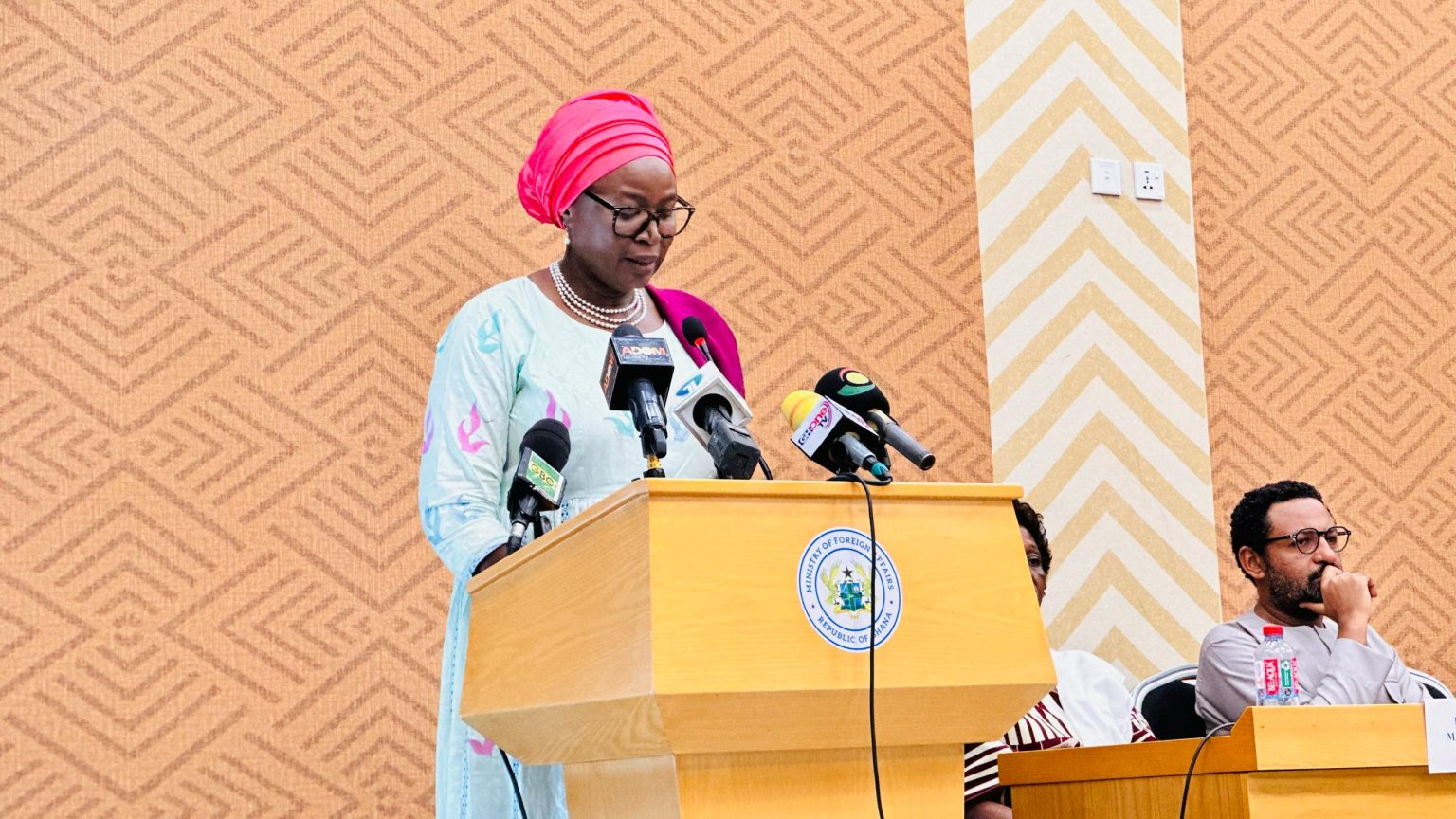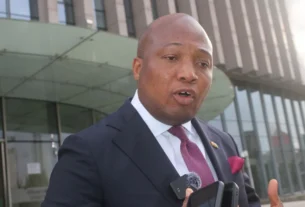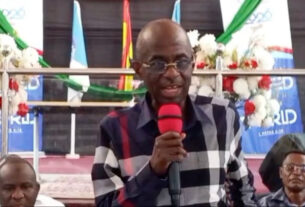Read also:
- Junior Doctors in Ghana Threaten Nationwide Strike Over Unpaid Salaries
- Ghana and Japan Sign $23 Million Grant Agreement for Development Projects
- Ghana Police Service Denies Reports of Missing Narcotics Exhibits.
- Stable Funding for GBC: A Plea for National Support
- Woman died after intervening in dogs’ nugget fight
The African Commission on Human and Peoples’ Rights has declared Ghana’s illegal mining crisis, popularly known as galamsey, a “full-blown human rights emergency” threatening the country’s stability. After a four-day Promotion Mission to Ghana, the Commission’s preliminary findings revealed that illegal mining is devastating water bodies, degrading land, and endangering public health.
The humanitarian impact of galamsey is severe. The crisis has led to widespread contamination of water sources, severe land degradation, and long-term health risks, including reproductive complications and birth defects. Women are disproportionately affected, with reports of children born with deformities due to contaminated water consumption. Additionally, the crisis has fueled child labor, human trafficking, and illicit activities involving women, alongside environmental destruction.
To address the crisis, the Commission has made several recommendations. It has called for an independent anti-corruption investigation to probe into powerful networks behind the practice and alleged collusion between political actors and mining operators. The Commission believes that a high-level inter-ministerial taskforce that includes civil society, traditional leaders, local government, and affected communities is necessary to tackle the menace.
Furthermore, the Commission has emphasized the need to rehabilitate polluted rivers and restore degraded lands, while enforcing environmental regulations. An audit should also be conducted to assess the human cost of galamsey, particularly its impact on women, children, education, and public health, with targeted health interventions for affected populations.
The Commission urged the government to take swift action to confront galamsey with the urgency and coordination it demands. “If allowed to persist, irrespective of blame, the consequences will be devastating for people and communities,” Commissioner Dersso cautioned. Broader inclusion and sustained collaboration with civil society and affected communities are also essential in addressing the crisis. The Commission will monitor the country’s commitments through its state reporting mechanisms and has pressed the government to reflect concrete anti-galamsey measures in its long-overdue periodic report to the African Union, expected later this year.
epos MBN360 news




